K-12 Social Justice Educational Outreach
AasC partners with K-12 schools in the Portland area to develop arts outreach, education and programming that reflects each community and its history. Past and present K-12 partners include Dr. Martin Luther King Jr. School, Vestal Elementary, Roosevelt and McDaniel High Schools. In addition to programming AasC has contributed equipment and technological resources directly to classrooms.
In 2018, AasC initiated a partnership with Vestal Elementary, a neighborhood school in one of Portland’s most culturally, linguistically, and ethnically diverse neighborhoods. Designated a “social justice magnet school,” Vestal serves as a laboratory for our social justice-centered education outreach. At Vestal, AasC brings together PSU faculty and students, professional teaching and performing artists, and community partners to collaborate directly with Vestal classrooms to create artistically-based responses to the social issues–such as identity, food, and housing insecurity–that impact them and their neighborhood. AasC works help students re-imagine and articulate a new vision of their school experience. Initially taking place during the Spring academic quarter, new project support has allowed AasC’s to establish a year-round presence at Vestal.
Vestival Film Fest, a student-curated and created youth film festival that celebrates and articulates Vestal’s identity as a Social Justice school was launched in 2022, providing an opportunity to amplify Vestal’s identity as a PPS school that shines in social justice and the arts. This innovative new initiative was conceived by AasC in conjunction with the Vestal community, and is produced and presented in collaboration with Vestal students, teachers parents and faculty, PSU’s School of Film and School of Education. Community partners include Montavilla Jazz, Open Signal and Art Talk Bus Stop.
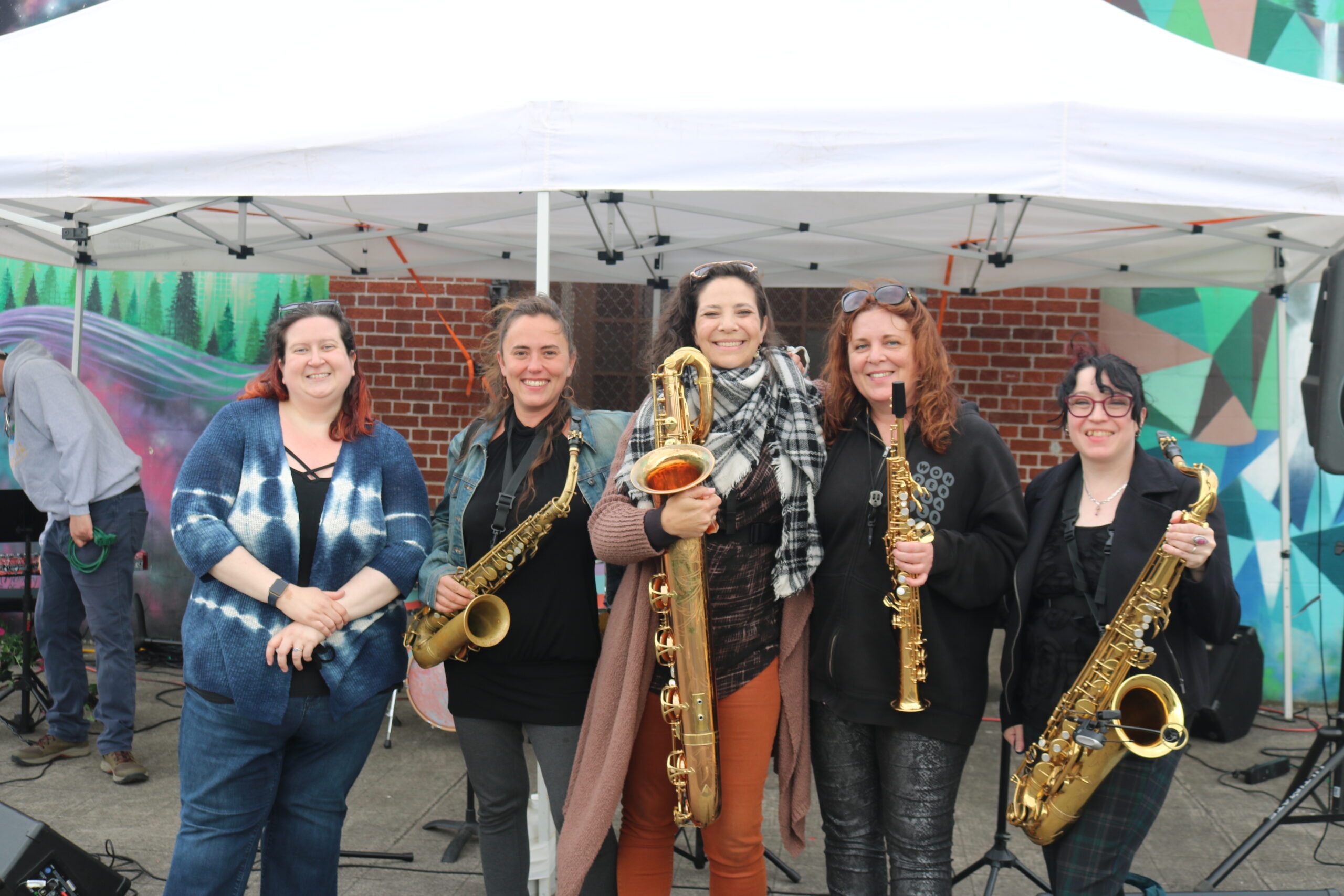
Internships
In 2021, AasC launched its Arts Serve the City Internships a collaborative community internship program that provides opportunities for Junior and Senior degree-seeking students to work with local arts and culture organizations that advocate for racial and gender diversity and inclusion and/or serve at-risk and marginalized populations, and provide artistic voice to communities of color. In addition to providing students with experiential, community-centered learning opportunities where true agency and understanding can grow, Arts Serve the City internships increase the capacity of partner organizations to deliver on their mission and impact the city,
Internships last for 10 weeks and run concurrently with PSU’s academic terms. AasC provides a liaison-support stipend for partner organizations to support the investment of time, expertise, and administrative expense in the internship program.
In turn we ask from our partner organizations:
- That they invite our students into the institution’s work beyond menial administrative support and provide them the chance to engage in project-based work;
- That students have access to the creative side, as well as the service side of the institution, and that they are provided an opportunity to be included in the artistic component of the institution’s work;
- That partner organizations provide an on-site mentor, supervisor, or liaison to oversee the student, with whom students receive a minimum of 1 hour per week of personal mentoring.
Internship partners have included:
- Bridgeworks of Oregon
- Fear No Music
- Portland Center Stage
- Friends of Noise
- the Red Door Project
- Bravo Youth Orchestras
- PDX Jazz
- Montavilla Jazz
To find out more about our internships program click here if you are a community partner, click here if you are a student. If your organization is interested in participating in the Arts Serve the City internship program, please contact Suzanne Savaria.
Community Partnerships
In addition to K12 and internships AasC works with a number of community and university partners to create curriculum, develop outreach initiatives that impact the city and surrounding region.
This past fall, Artist as Citizen piloted a Grantmaking for Arts and Culture is a PSU Senior Capstone course developed in partnership with The Harold and Arlene Schnitzer CARE Foundation’s CommuniCare program, in which PSU students learn about the needs of their community and develop a range of skills through grantmaking. Student grantmakers distributed $25,000 in Fall 2022 to arts and culture nonprofits in Oregon.
In spring of 2022 Artist as Citizen partnered with Montavilla Jazz on a project supported by a Metro Placemaking grant This spring to help Vestal Elementary, a community hub in one of Portland’s most culturally, linguistically, and ethnically diverse neighborhoods, expand their annual Social Justice Night. The community-wide celebration of arts and culture, family identity, and diversity incorporated intergenerational storytelling, art, food, and music was supported by a 2022 Placemaking grant from Portland Metro.
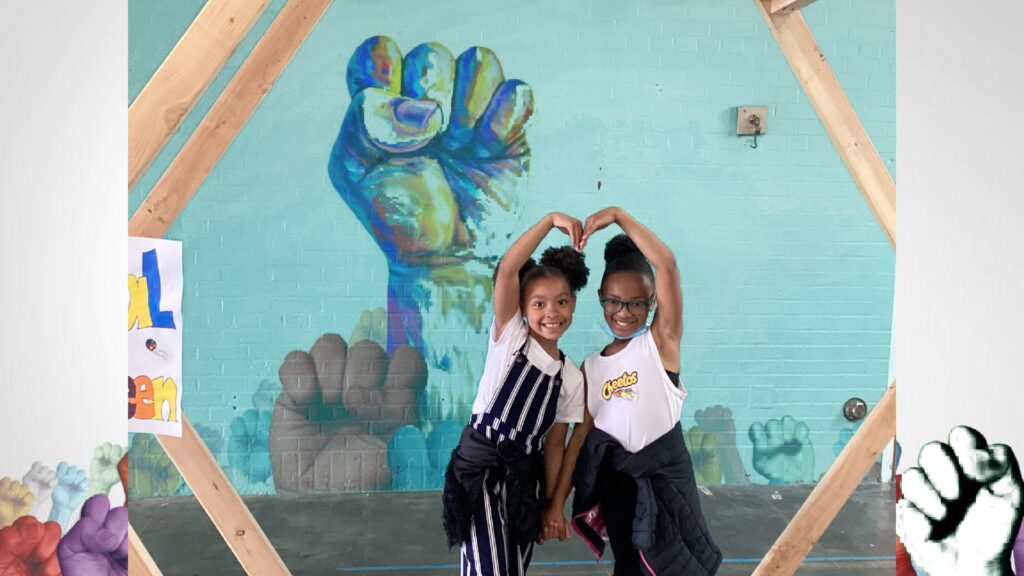
Students at Vestal Elementary visited Open Signal as part of Artist as Citizen’s first-ever Vestival Film Festival.
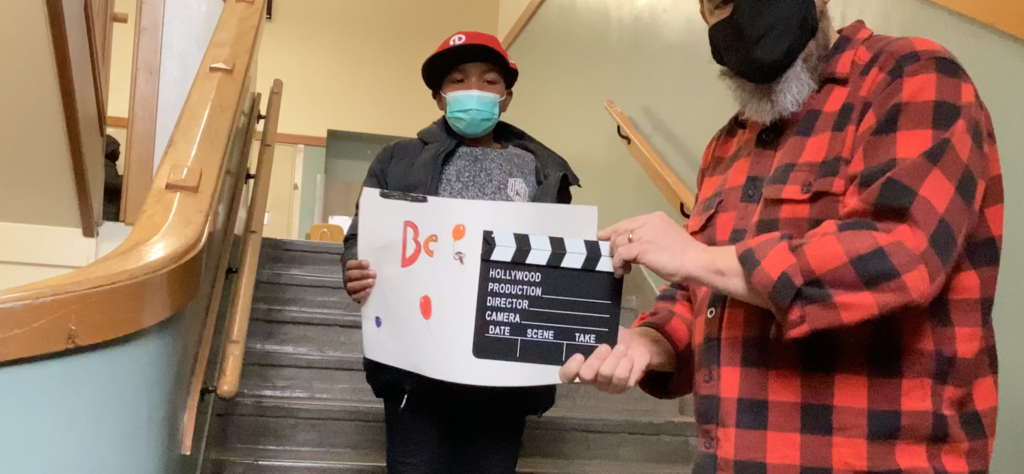

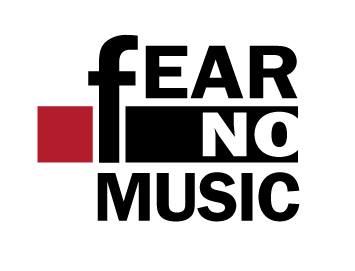

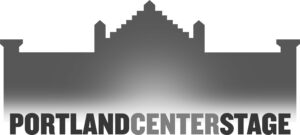
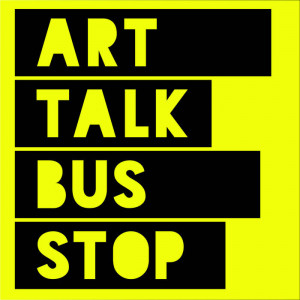
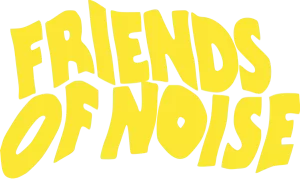
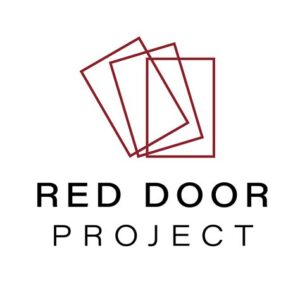
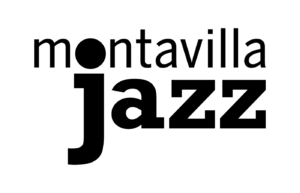
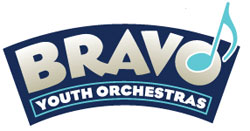


Advancing Equity
Other initiative AasC supports to support equity include working with the PSU Music Education faculty Mari Schay and Bravo teaching artist Natalie Neshyba to create a partnership with Bravo Youth Orchestras, which will connect PSU College of the Arts students with high school juniors and seniors in the Bravo mentor program to help them prepare for the transition to college. AasC will identify and prepare PSU students to take on these mentoring roles and coordinate the program.
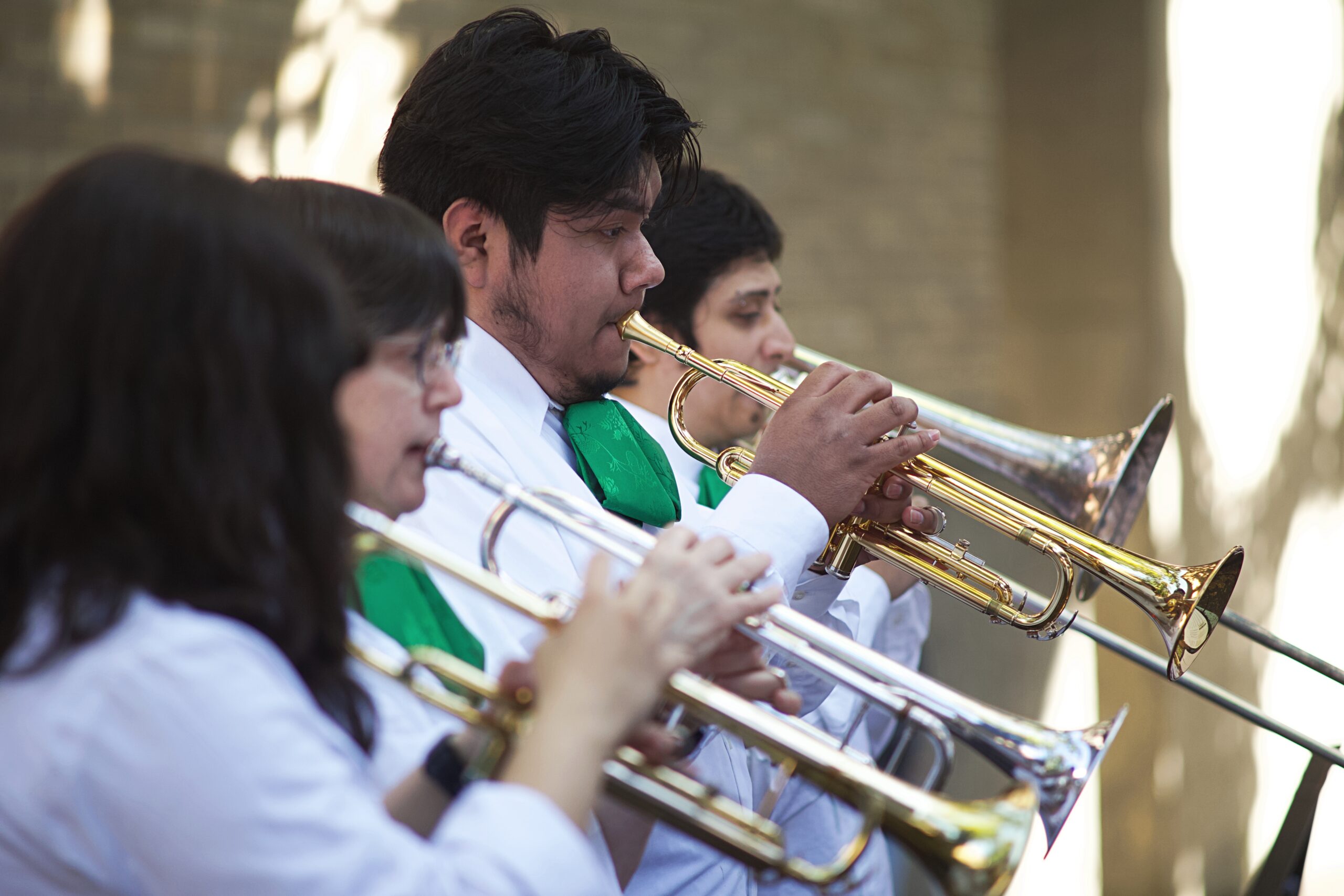
In Fall 2022, Artist as Citizen was proud to support the launch of PSU’s first-ever Mariachi Ensemble, which made its debut on October 29, 2022 at the Montgomery Suite Plaza Activation event.
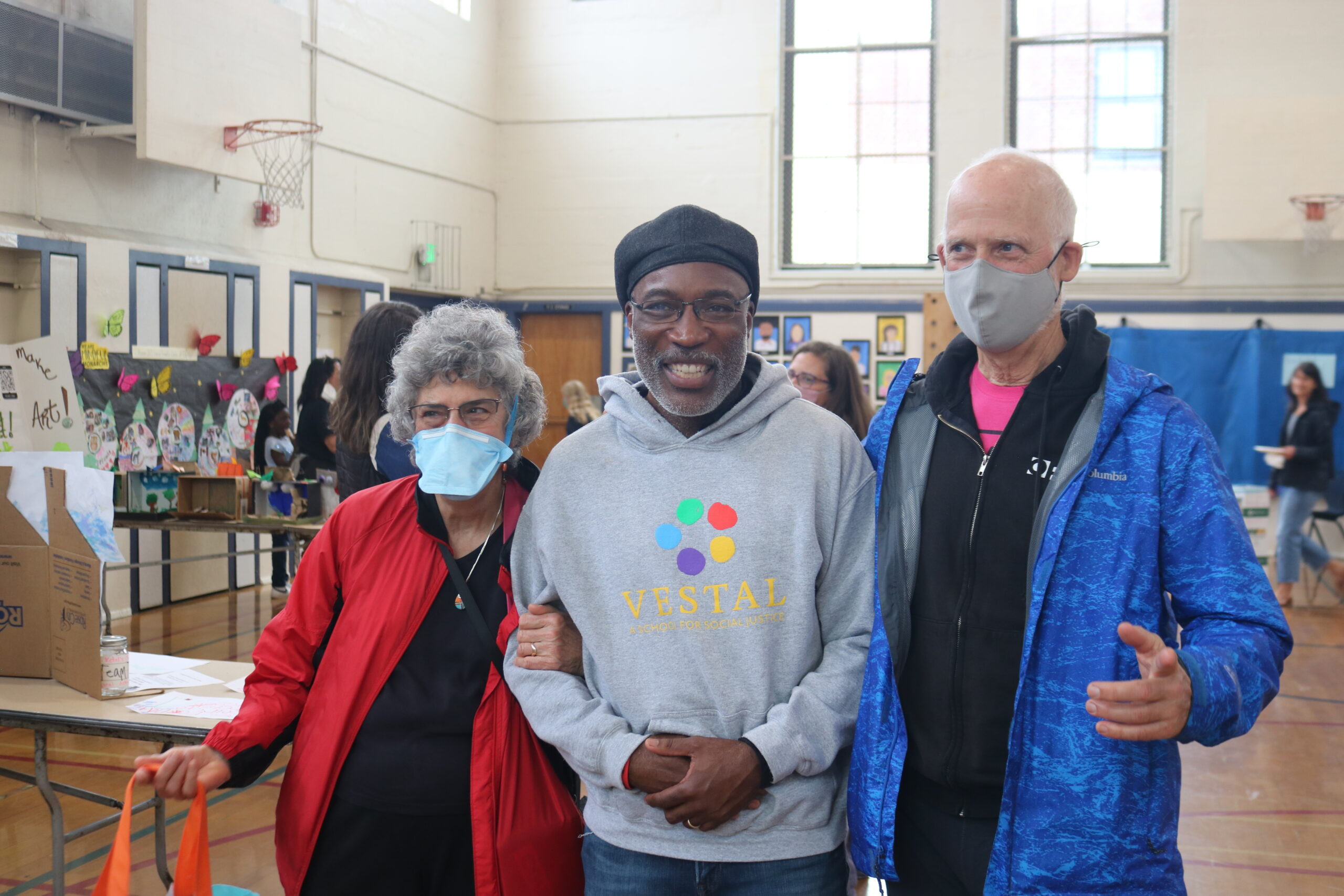
The Artist as Citizen has been supported by The Bonnie & Peter Reagan Fund of the Oregon Community Foundation, The Mercedes Eicholz Foundation, The Hillman Foundation, Portland State University “Reimagine” Grant.
Teaching
The Artist as Citizen develops innovative curriculum that sits at the intersection of artistic and civic engagement and create pathways for students to discover their agency, creativity, and potential to affect social change as members of local and global communities
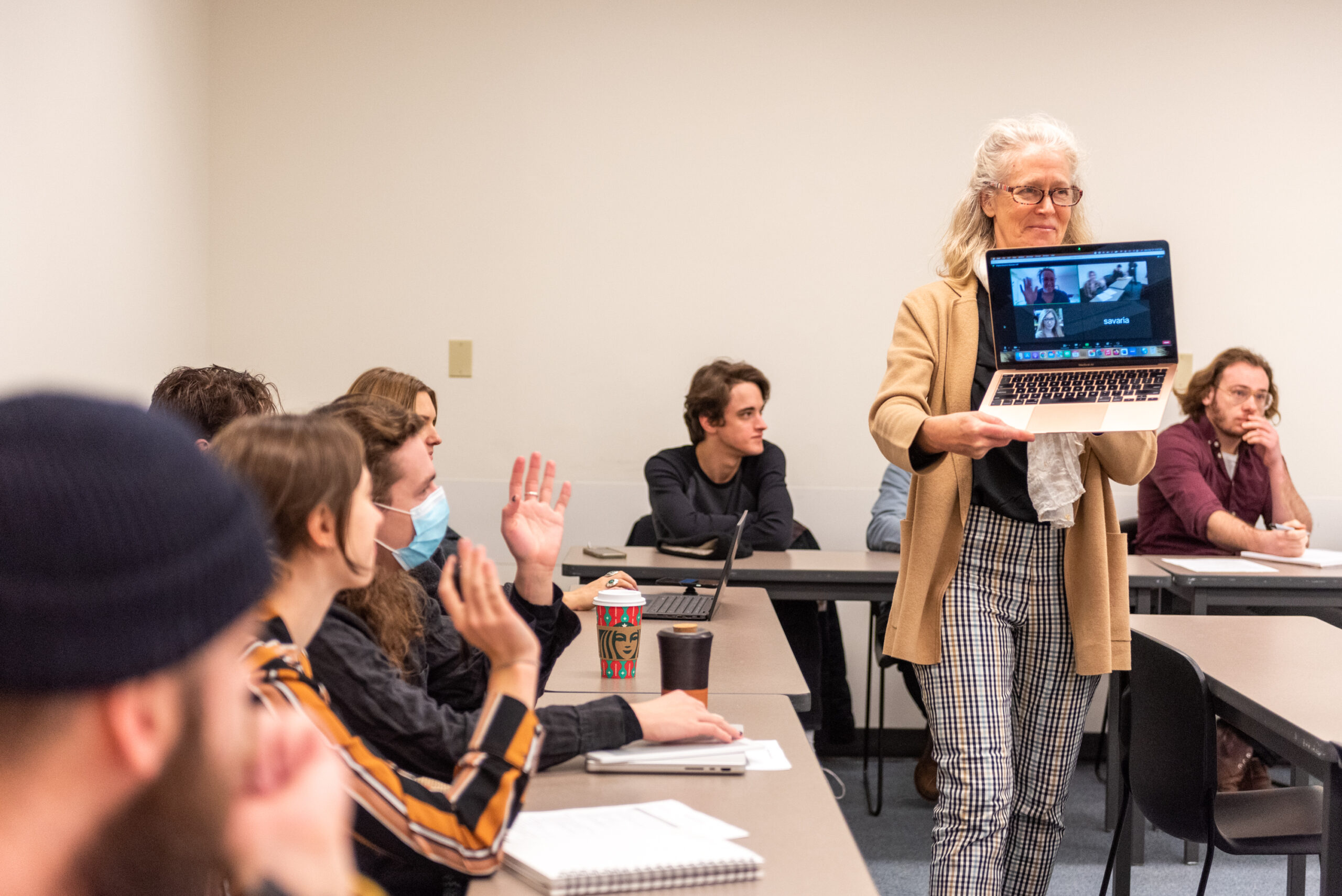
COTA 135 Artist as Citizen: A Survey of Art Activism
What does art activism look like? What responsibility do we have as artists to engage in social change? What are our values and beliefs and what does it look like to express that artistically? Students in this course examine their values, potential roles and personal goals as artists and socially engaged members of communities globally and locally. COTA 135 explores a spectrum of historical artistic activism, looking at contemporary issues and developing students’ individual perspectives on global citizenship.
COTA 235 Artist as Citizen: Social Justice Movements, Artistic Response and Impact
In COTA 235 students investigate the ways that art and social justice activism work together effectively. Through research on theories and history of social justice in the US and abroad, research into social justice movements, past and present and exploring the variety of artistic responses that have that social justice movements have inspired, explores the variety of artistic responses that have that social justice movements have inspired, and the artistic responses and activism surrounding those movements, the class seeks to better understand the impact of the arts and how to harness that impact into change.
COTA 335 Artist as Citizen: Engage in Art Activism
COTA 335 provides a hands-on, community-based experience that delves into the process of artistic activism, and the artist’s role in pursuing social change. Students collaborate with their peers, and arts-related community partners and engage with K-5 public school students to examine social-justice issues, creating and sharing artistic responses that reflect these issues. In the process, they examine their roles as both artists and socially engaged members of their communities.
UNST 421 Performing Arts Advocacy
Performing Arts Advocacy examines the critical role that the arts play in stimulating creativity and in developing vibrant communities,the impact that the arts have on our society, and what it means to be advocates for the arts. Students explore the world of arts advocacy and arts education, and gain a deeper understanding of how to better sustain a healthy arts community. We also look at the relationship of arts to social justice, representation of underserved communities, the power of the arts to heal, and the ways that the arts serve as a catalyst for learning, discovery and achievement in our personal lives,
UNST421 – Discovering Spain Capstone
The Spain Capstone is a faculty-led journey, students visit several cities and regions of Spain, including Andalusia – Seville, Cordoba and Granada, Castile La Mancha and Madrid, Galicia – Santiago de Compostela and Catalonia – Girona, Figueres, Costa Brava & Barcelona. On the three week journey, students examine the diverse culture, people, traditions, landscapes and places of Spain, while reflecting on our own identities. During the course they engage in the art, with artists and with the local communities, investigate ideas and stories of the impact of arts in marginalized populations, and share insights and experiences across borders
UNST 4 – Grantmaking for Arts and Culture
In this course students identify and analyze the needs of the Oregon arts community and develop leadership skills through grantmaking to non-profit organizations providing arts and culture in our state. Participants in this course will serve as a grantmaking committee, learning about philanthropy in theory and in practice, evaluating applications from arts nonprofits, conducting interviews and site visits, and deciding where to allocate $25,000.00, provided by The Schnitzer CARE Foundation.
In addition to Artist as Citizen Courses, AasC is currently developing a new BA/BS in Social Justice and the arts.
Description of Social Justice and the arts degree
ASJ is an interdisciplinary major that creates multiple pathways for students to discover their potential to affect social change as members of local and global communities. It is intended to deliver a coherent academic sequence through which students can explore theory and practice at the nexus of artistic (e.g., music, theater, visual arts, creative writing, digital art and media, architecture, conceptual art and folk expressions of all kinds) and civic engagement.
By embedding social advocacy and activism as core principles and repositioning the arts as a collaborative engine connecting faculty & students across disciplines, the major is intended to serve both students with a background in traditional artistic disciplines and those who have not had extensive arts training prior to PSU. A 24-credit core curriculum that centers themes of social justice, anti-racism, civic engagement, activism, social movements, non-violence, placemaking, advocacy and organizing will be integrated with 12-credits of foundational (lower division) courses in COTA’s artistic disciplines, and 12 credits of social justice electives drawn from Social Work, Anthropology, Political Science, Sociology, English, Criminology, Black Studies, Chicano/Latino Studies, Women’s Studies, and Conflict Resolution. At the upper-division level, the degree will offer two concentrations that, while sharing common values of creativity, civic engagement and community-building, offer different pathways through the curriculum. Students who prefer an academic focus can complete upper-division requirements from a range of social justice and interdisciplinary arts electives. Students who desire further training in individual arts disciplines can take 12 credits of upper-division coursework in music, art, design, theater, film, or architecture to complete this degree component. The major will culminate in a final project, practicum, internship or field experience that provides opportunities to integrate knowledge and initiate connections to cultural organizations.
Program objectives include:
- Highlighting historical contexts and connecting theoretical, activist, political, and practice-oriented approaches to the arts and social justice across core curriculum;
- Introducing students to the history of social justice movements and examining the implications of activism, movement building and community organizing on collaborative learning— including the relationship between theory and praxis;
- Increasing students’ abilities to constructively and critically engage with peers and reflect on their own agency and mission in relation to the course materials;
- Developing models of artistic engagement that highlight intersectionality, create opportunities for participation in dialogue that leads to social, cultural and policy change;
- Opening pathways for students to engage directly in activism and advocacy by creating artistic responses to social justice issues that engage and reflect diverse communities;
- Creating opportunities for students to engage with K-12 schools, local and regional cultural organizations and socially-engaged artists;
- Motivating students to broaden their areas of inquiry and pursue new knowledge in diverse subject areas.
Social Change Residency Fellowship Program
One of the signature programs that AasC has been envisioning over the past several years is a year-long, low-residency fellowship that is grounded in community-building, listening and problem-solving. AasC will assemble an interdisciplinary cohort of seven Social Change Fellows—drawn primarily from recent graduates from Oregon colleges and universities who are interested in social change through the arts —who will engage in academic study, research, dialogue, documentation and fieldwork, culminating in an immersive residency during which they collaborate with communities to organize and present artistic response projects addressing those communities’ specific issues and challenges.




